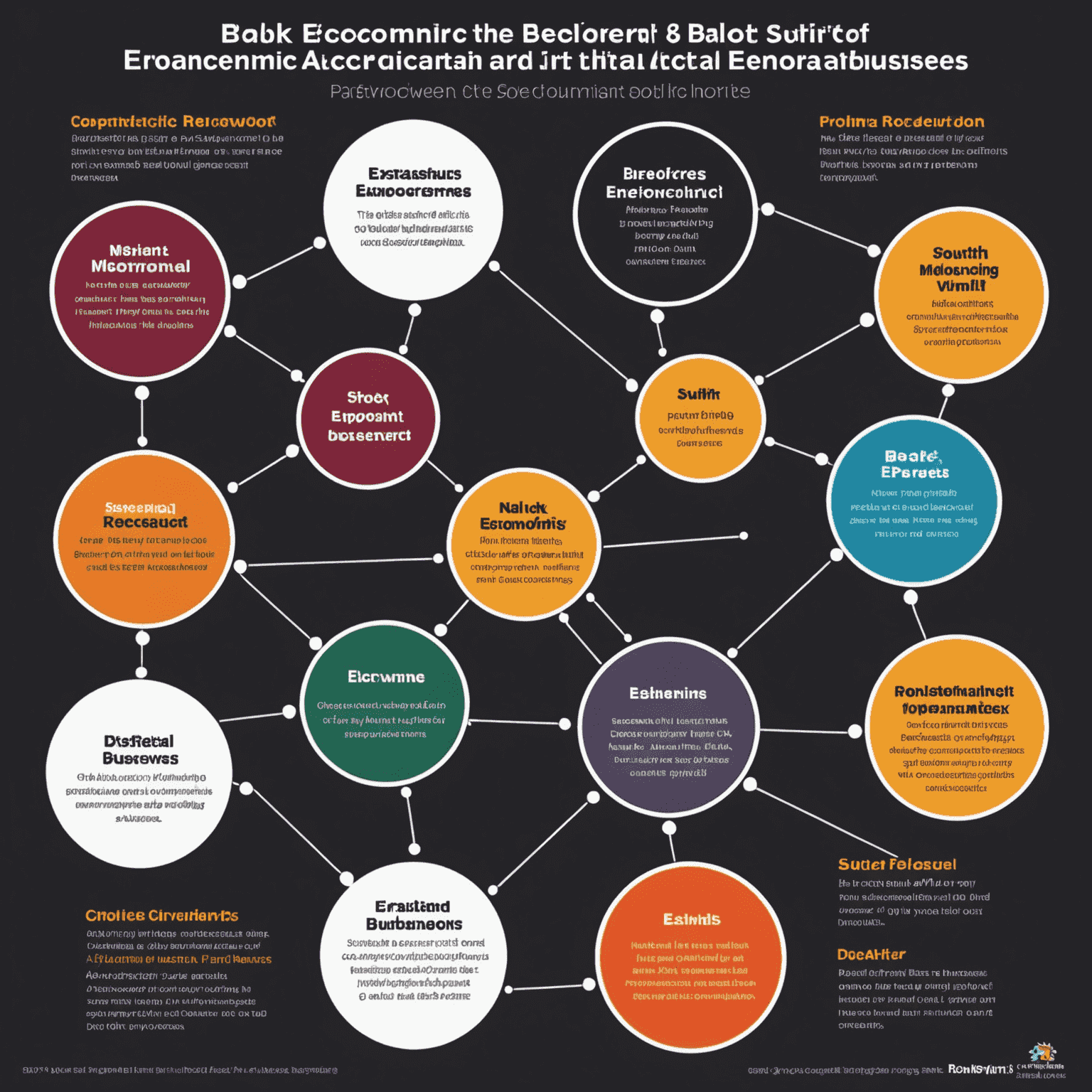Cultural Sensitivity Training for South African Workplaces

In the vibrant tapestry of South Africa's multi-ethnic society, cultural sensitivity training has become an indispensable tool for fostering inclusive and harmonious work environments. This guide offers a comprehensive approach to developing and implementing effective cultural sensitivity programs tailored to the unique context of South African workplaces.
Understanding the South African Context
South Africa's rich cultural landscape, with its 11 official languages and diverse ethnic groups, presents both challenges and opportunities for businesses. The legacy of apartheid adds another layer of complexity, making it crucial for organizations to address historical inequalities while promoting unity and mutual respect.
Key Components of Effective Cultural Sensitivity Training
- Historical Awareness: Provide an overview of South Africa's history, focusing on how past events shape current workplace dynamics.
- Language Diversity: Highlight the importance of multilingualism and offer strategies for effective communication across language barriers.
- Cultural Norms and Values: Explore the diverse cultural practices, beliefs, and values present in South African society.
- Bias Recognition: Help participants identify and address unconscious biases that may affect workplace interactions.
- Conflict Resolution: Teach culturally sensitive approaches to resolving conflicts in a diverse work environment.

Implementing the Training Program
When developing your cultural sensitivity training program, consider the following steps:
- Conduct a needs assessment to identify specific cultural challenges within your organization.
- Engage diverse stakeholders in the program development process to ensure inclusivity.
- Use a mix of training methods, including workshops, role-playing exercises, and case studies.
- Incorporate real-life scenarios that reflect the South African workplace context.
- Provide ongoing support and resources for employees to continue their cultural learning journey.
Aligning with Black Economic Empowerment (BEE)
Cultural sensitivity training should also address the implementation of the Black Economic Empowerment Act. This includes:
- Educating employees about the purpose and importance of BEE in addressing historical inequalities.
- Discussing how BEE initiatives can be integrated into workplace practices in a sensitive and effective manner.
- Addressing potential misconceptions or concerns about BEE to foster a supportive environment.

Measuring Success and Continuous Improvement
To ensure the effectiveness of your cultural sensitivity training program:
- Establish clear, measurable objectives for the training.
- Conduct pre- and post-training assessments to gauge changes in attitudes and behaviors.
- Gather feedback from participants and use it to refine and improve the program.
- Monitor key workplace indicators such as employee satisfaction, conflict resolution rates, and diversity in leadership positions.
By implementing a comprehensive cultural sensitivity training program, South African businesses can create more inclusive, productive, and harmonious work environments. This not only benefits employees but also positions organizations to thrive in South Africa's diverse and dynamic business landscape.